A guide to buying a fishery of your own
For many anglers, the ultimate dream is to buy a fishing lake or fishery of their own – in this guide we unpack what you need to know before you start making offers.
For many anglers, the ultimate dream is to own a fishery of their own, somewhere where they, their family and friends can enjoy fantastic sport. Unsurprisingly few achieve this ambition, although the demand underpins the health of the fishery ‘market’. Others seek to buy a fishery for alternative reasons – on behalf of an angling club, association or syndicate or as a commercial venture which will provide a good income. For some, the money derived from a fishery represents an important supplement to their pensions.
Although buying a fishery may seem to be a straightforward process, in reality it is not quite that simple and some serious research will pay for itself many times over before you start spending your money or – at worst – waste your funds on a completely unsuitable site.
Match the Catch
It is well worth remembering that if the ambition is to generate significant income from the fishery, you will, in effect, be running a business. Your preferred style of fishing or type of venue may not align with that of a sufficient number of paying visitors to make the venture profitable. Assessing and understanding your potential customer base is vital – ‘match the catch’, if you will!
A ‘snake lake’ won’t attract many serious carp anglers; a ‘dingle dell’ feature-filled lake will not provide match anglers with a good competition venue; a steep-sided, deep fishery would be unsuitable for family groups; and a small pond will be incapable of generating a substantial income unless it’s enlarged.
Of course, if anglers currently fish the venue, it should be relatively easy gauge its popularity. A site visit, and a few chats with those fishing is the obvious approach. A natter with staff in any nearby tackle shop should also prove helpful… but pick a quiet time and avoid busy periods.
Have a gander via Google to see if you can find reviews, catch reports or other information that will add detail to your portfolio. It’s surprising what an internet search can produce, ranging from the negative coverage such as recent fish mortalities or otter predation issues, for example to the positive such as recent big catches or glowing reports on fishing forums.
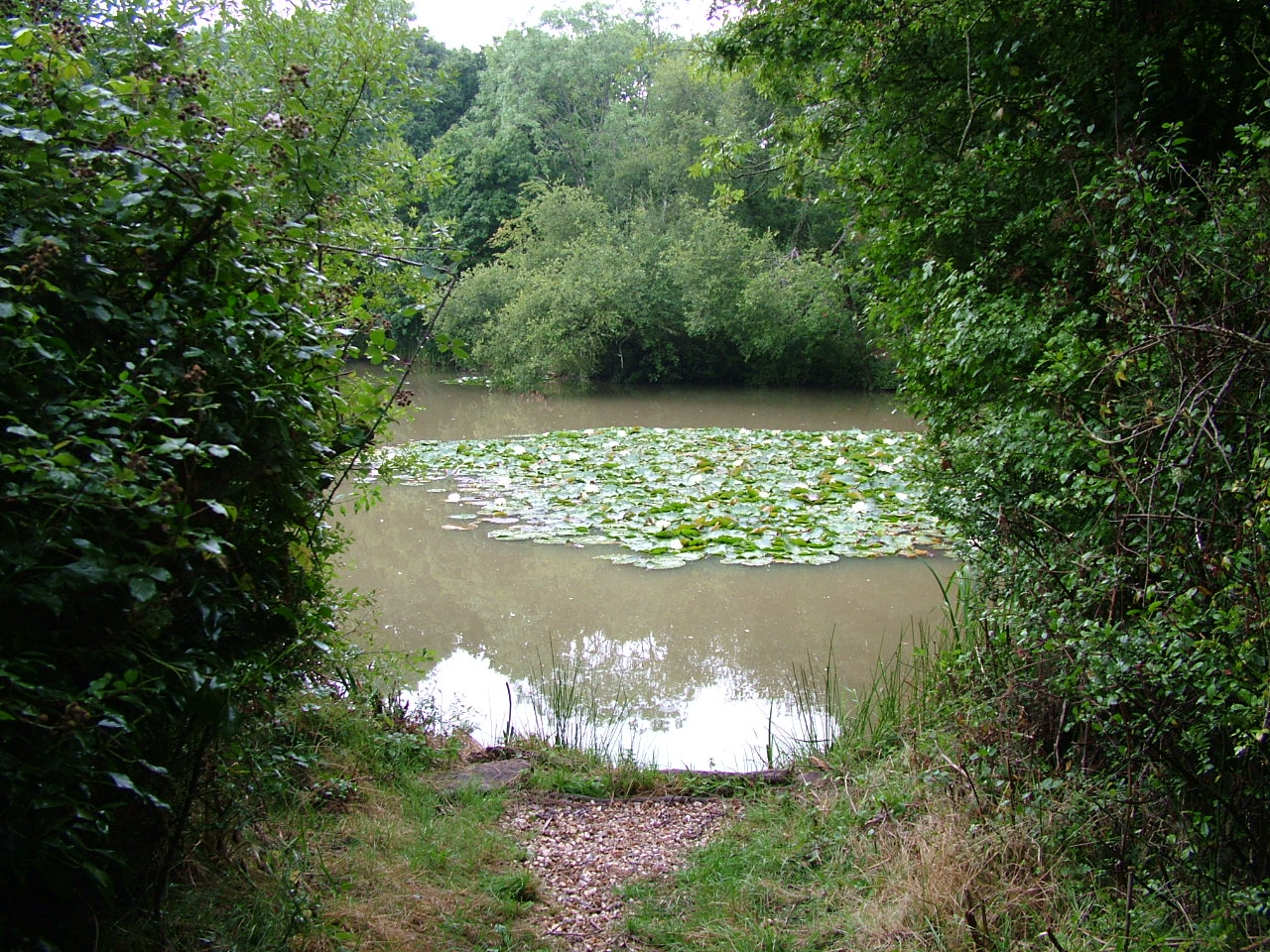
Pretty – but is it commercially viable?
Location, location, location…
Then, consider the geographic area in which you are interested. Water bodies close to home will be easier to manage and to keep secure, considerations which may become problematic at far-away venues. Potential issues with poachers, vandals and thieves will be avoided or minimised at well-chosen sites.
‘Country-retreat’ lakes far away from urban conurbations can make excellent and profitable sites at which to develop a holiday fishery businesses, with accommodation provided through bankside ‘pods’, caravans, cabins or lodges. Indeed, fisheries set in picturesque, rural locations tend to have that ‘Wish I Was There’ appeal, making the ‘package’ more appealing and exciting to potential customers.
Living very near or on such sites is usually necessary, however, be that by the owner or someone employed to look after the fishery. Visitors usually value good but discrete customer care such as meeting and greeting anglers on arrival, giving them fishing tips, offering security and, in the event of accommodation equipment failure or personal emergencies, timely intervention.
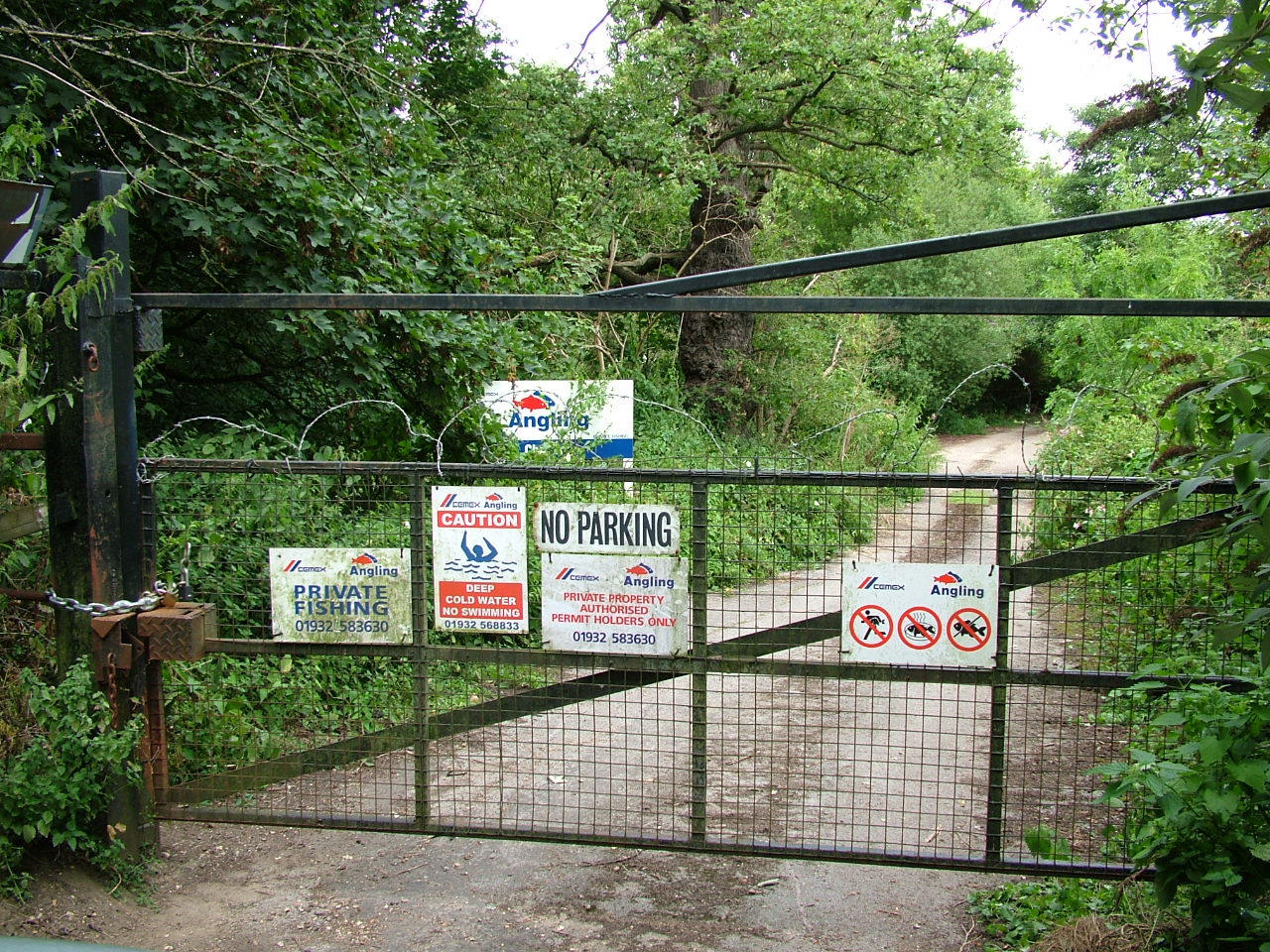
Is the site secure against fish thefts and vandalism?
Ear to the ground
Your local estate agents are most unlikely to hold details of many or any fisheries for sale. A large number of purchases take place privately, and many fisheries are never offered on the open market. Take this example: every year regular angler Andy asks fishery owner Owen if he will sell his lake because Andy would like first refusal. Year after year the answer is the same – negative – until on one red-letter day, Owen invites Andy in for a private chat and the deal is done.
The first other anglers are aware of any change is when the sale has been completed. I’ve come across this scenario quite a lot in my fisheries work! For this reason, you’d be best advised to put out as many feelers as possible and keep your ears to the ground. Ideas include: scanning the ‘small ads’ sections of the local and regional press; searching in the farming and small-holders’ magazines; contacting land agents and ensuring that they have your details on file; asking major land-owners; talking to the Environment Agency; and conducting internet searches on websites such as our own, which has a growing number of offerings in its Fisheries for Sale section. Let people know you’re on the lookout for a fishery and, without becoming a pest, renew your inquiries periodically. They won’t know you’re looking unless you tell them.
Some key considerations
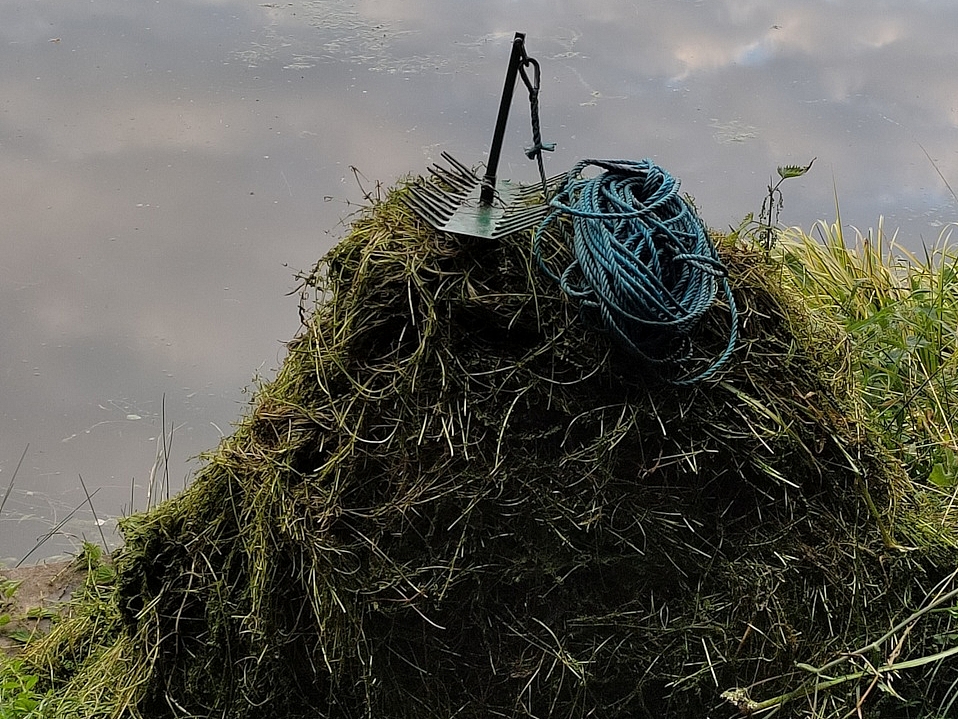
Does weed become a problem in summer?
If and when you find a suitable fishery at what looks like the right price, find out about the many issues that are or could be important. A good maxim is to check that the claims made in the sales particulars are actually true and have not been exaggerated for selling purposes. For example, verify that the site and the fishery are the claimed size by measuring it yourself using the free interactive Government mapping site https://magic.defra.gov.uk (It’s dead easy to use!).
I’ve been to fisheries with lakes that were said to be eight and three three acres in size, only to find that, when mapped correctly, they covered only four and not much more than one acre respectively!
Discover if the site floods in winter or if the water level drops dramatically in summer. Is angling restricted by overhead electricity cables or is expansion of the water area handicapped by underground utility services? Are you about to buy a notorious feeding ground for cormorants? Is there a history of poor water quality or fly-tipping? In the case of impoundments, is the dam safe or liable to regular inspections by a qualified engineer?
Although the conveyancing process should reveal many of the issues that are important when purchasing a fishery, it is essential a check is made to ensure that the site has planning consent for recreational use – a legal requirement that has been overlooked at quite a lot of existing fisheries!. If it hasn’t, you may face a lengthy and potentially expensive battle to persuade the local planning authority to grant retrospective planning consent and issue a ‘Certificate of Lawful Existing Use or Development’.
Fish, not Fiction
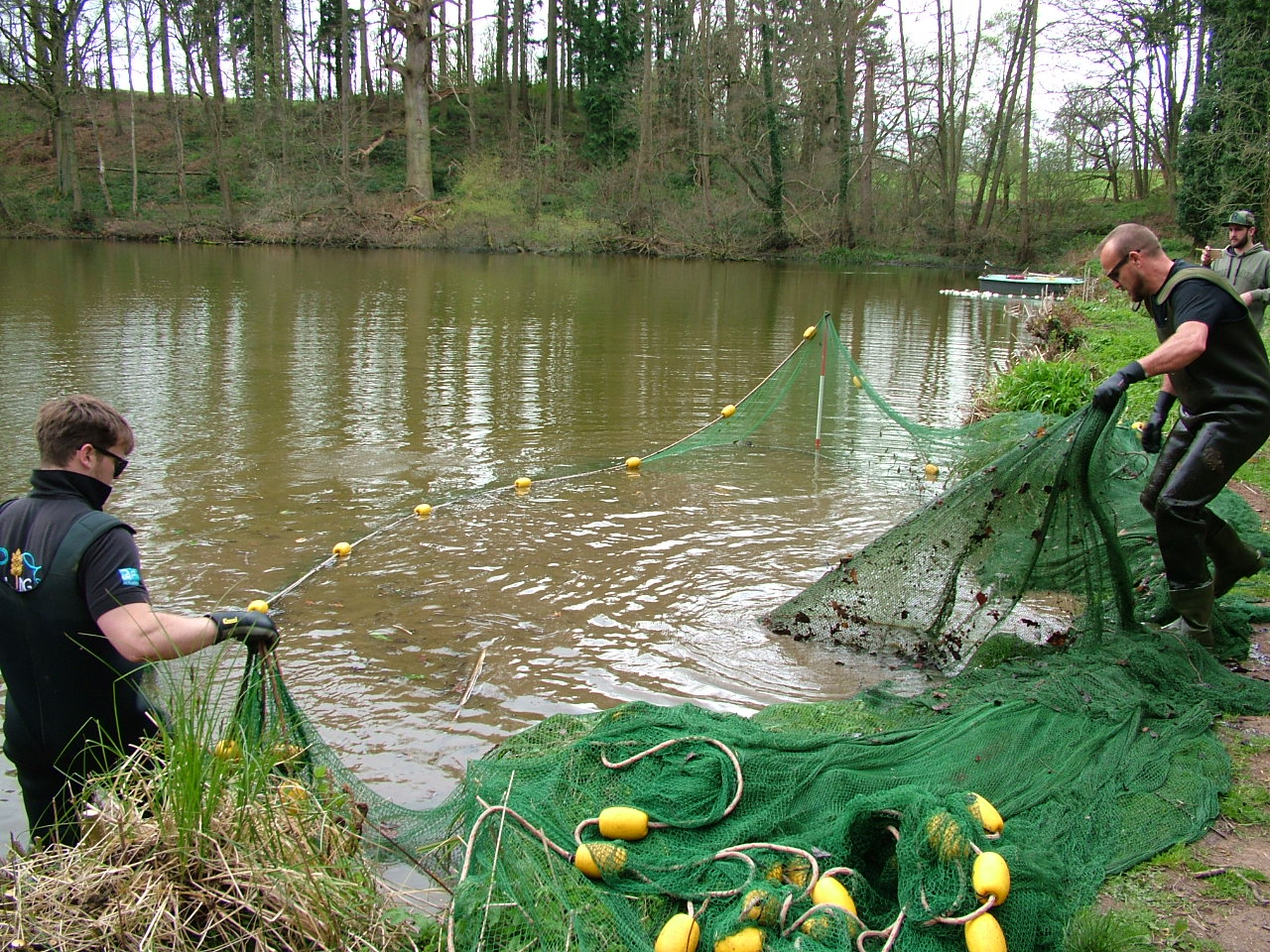
Check the lake contains the fish the owners claim with a sample netting
One of largest obstacles is establishing that the fish stocks are what is claimed. On smaller bodies of still water, it may be possible to agree a purchase price that excludes the fish, the cost of which are calculated from a stock-taking netting and/or electric-fishing survey. At the very least, try to talk to existing anglers to ascertain that their catches tally with the sale particulars.
Although this scenario is not common, occasionally an unscrupulous owner will net and remove fish, particularly specimen-sized carp, in the run-up to handing the site over to the new owner. The operation is usually below the Environment Agency’s radar, without it issuing the necessary legal consent to net and transfer fish elsewhere. The new owner may be blissfully unaware of the hoodwink until, many months later when the penny slowly drops and it’s way too late to do anything about it.
Know your rights!
When buying fishing rights – which are regarded as ‘property’ in law – it is imperative to establish that you have the legal right to gain access to the river or lake banks. Usually, the land and fishing rights are owned together, but sometimes they have become separated in the past. Merely owning the fishing rights does not necessarily mean that others may not have the right to be on site… to abstract water for irrigation, for example, or to shoot over the land.
It’s the business
When buying a fishery as a business, it’s a good idea to identify and weigh up the existing competitors. Your ‘offering’ really needs to be sufficiently different to draw anglers to it and to retain their custom. Treat any claimed income from a site with caution unless you can see proper accounts. Look at the figures with open eyes. Commercial fisheries are cash generative businesses, with all the pros and cons that go with that, and overheads and expenses may remain unrecorded or minimized when written down to make a floundering venture appear to be very profitable.
This is particularly relevant given the current state of the UK economy and the knock-on impacts on the leisure industry. The staggering boom in angling immediately after the relaxation of the Covid-19 lock-down rules has disappeared. If in doubt about the veracity of what you are told or see on paper, turn on your heels and walk away from the deal. After all, you’re only going to spend your money once.
Professional help
Finally, consider enlisting the help of experienced professionals who specialise in fishery appraisals, preparing business plans and securing finance for fisheries purchase. Their fees are usually modest, but their wise advice usually represents excellent value-for-money.
Similar articles
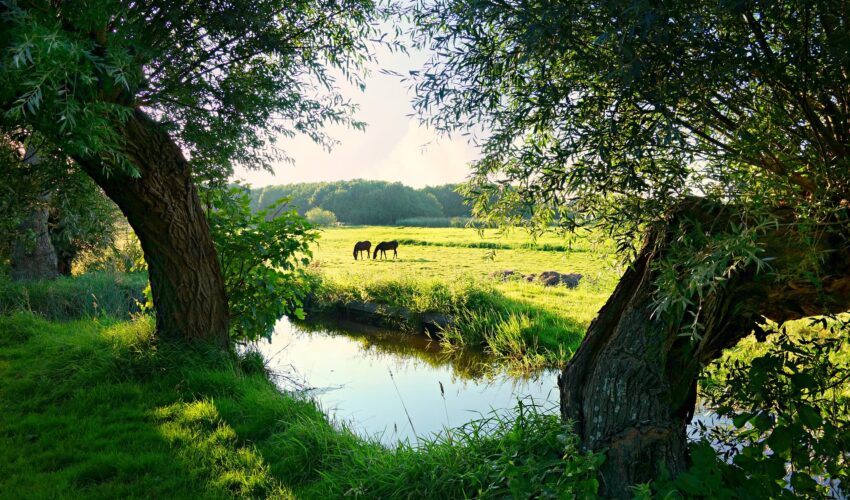
River Fishing – A guide to getting started
Are you thinking of going for a trip to the river in 2025 but find yourself filled with trepidation because you have never fished running water before? Well I want you to relax. Let us take the mysteries out of…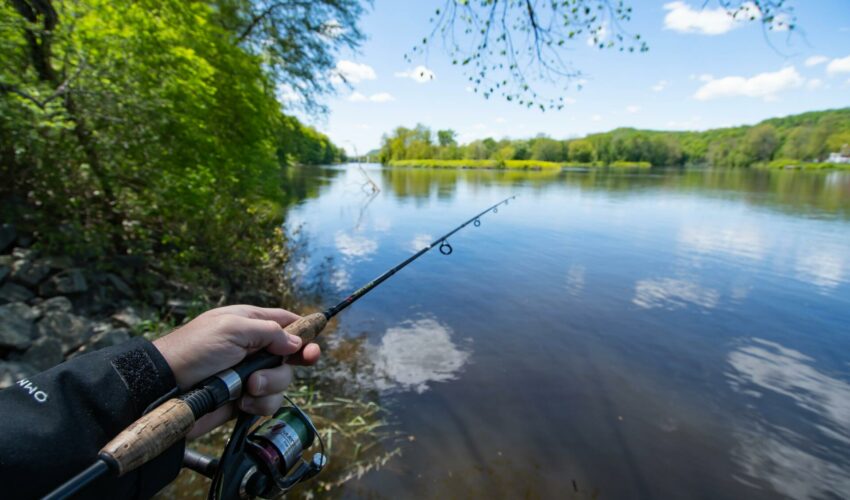
A guide to fishing licences in 2025
Whether you want to become a new angler or you’ve been fishing for years, you will be required to obtain the Environment Agency Rod Licence. In this article we explain what you’ll need if you want to go fishing in…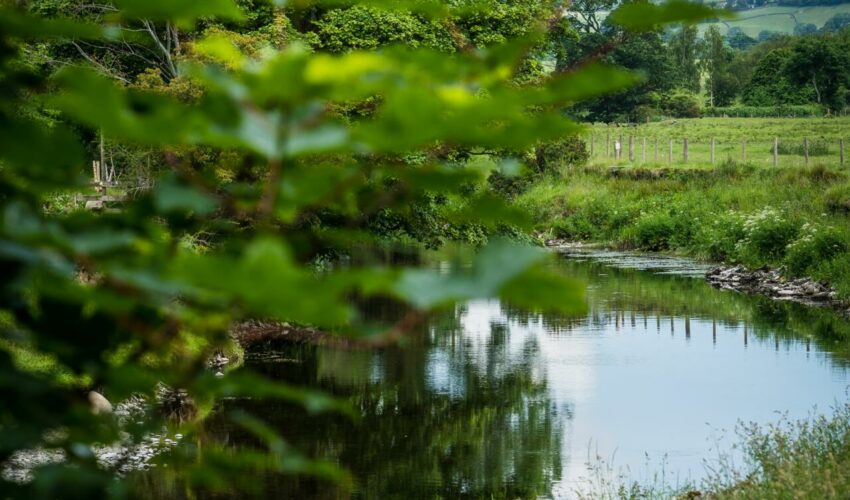
Make the most of the 2025 river season with this in-depth guide to fishing rivers
If you’re new to fishing rivers, or just fancy a change from fishing stillwaters, this guide will help you make the most of the new 2025 river fishing season. With advice on reading the water, what species to fish for…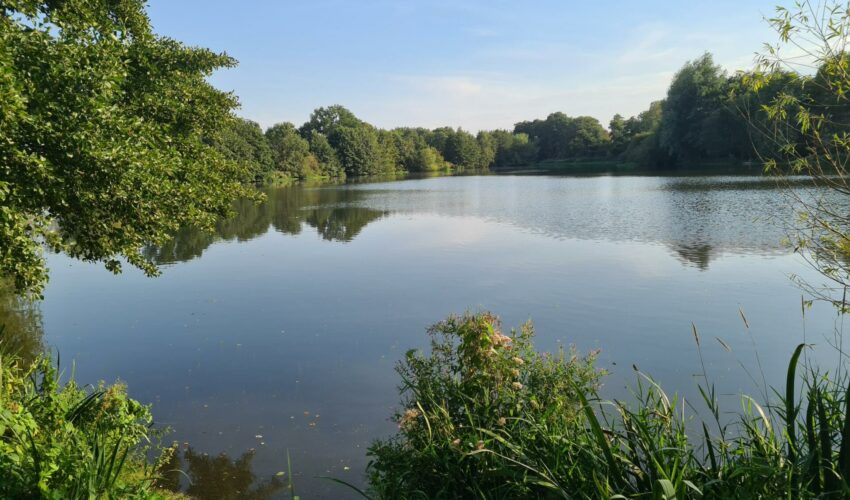
Our guide to fishing this spring (2025)
With the worst of the weather over (we hope!) and with spring finally here, it’s time to clean out that tackle box and get on the bank for some spring time fishing.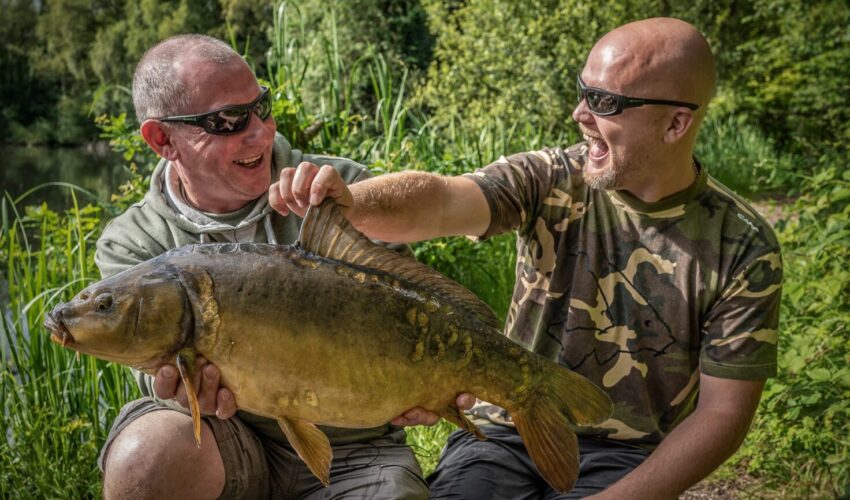
Take a friend fishing
Get ready to hit the water! From April 18th to May 4th, 2025, you can get a free fishing license to take a buddy out and show them what fishing’s all about. Yep, free! It’s all part of the “Take…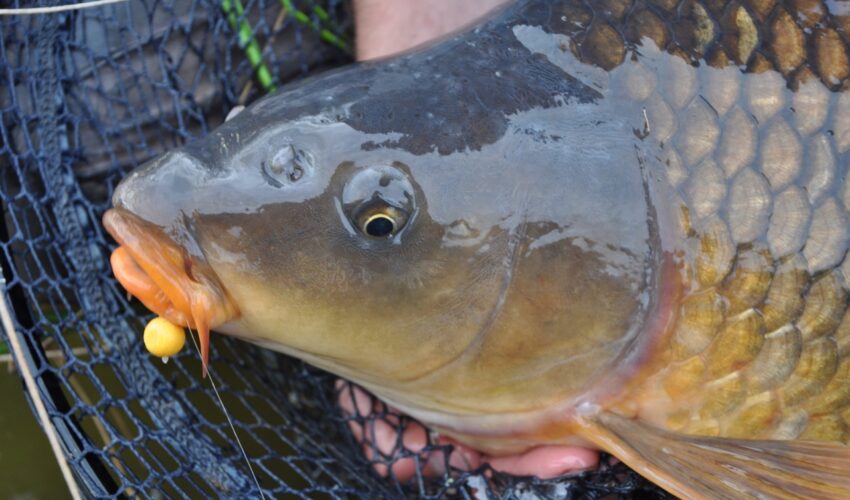
Fishing tips for hard days: How to get more bites
It happens to the best of anglers. Whether conditions are tough, the fish are moody, or our plans simply aren’t working, there are days we struggle. But what can you do to catch fish that seem unwilling to cooperate? There’s…Search by Region or County
Find new places to go fishing in your local area or county by choosing your destination below
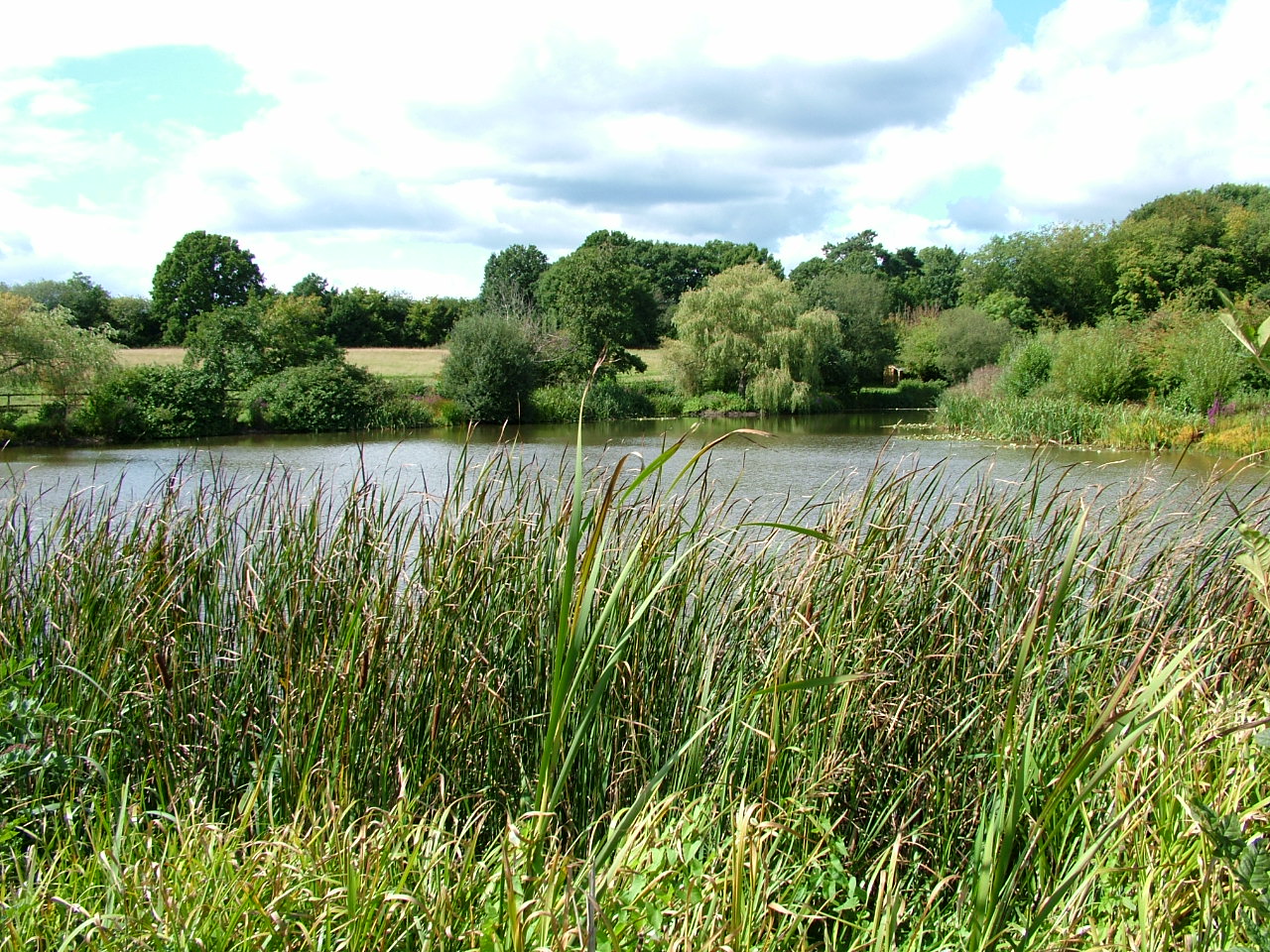









Comments